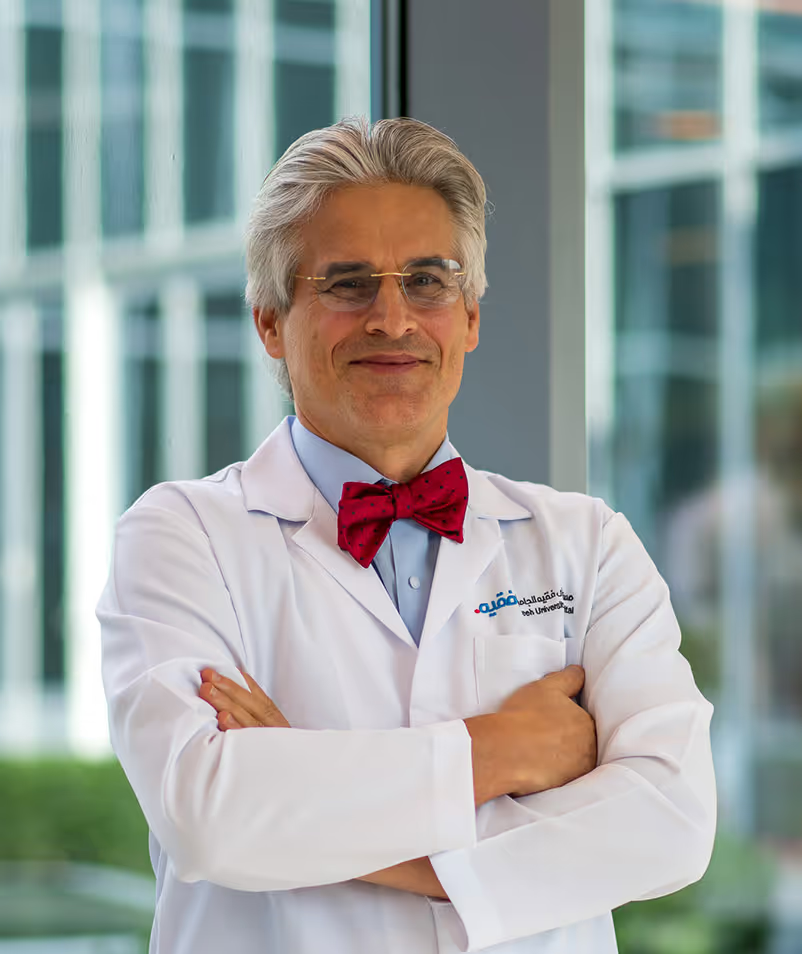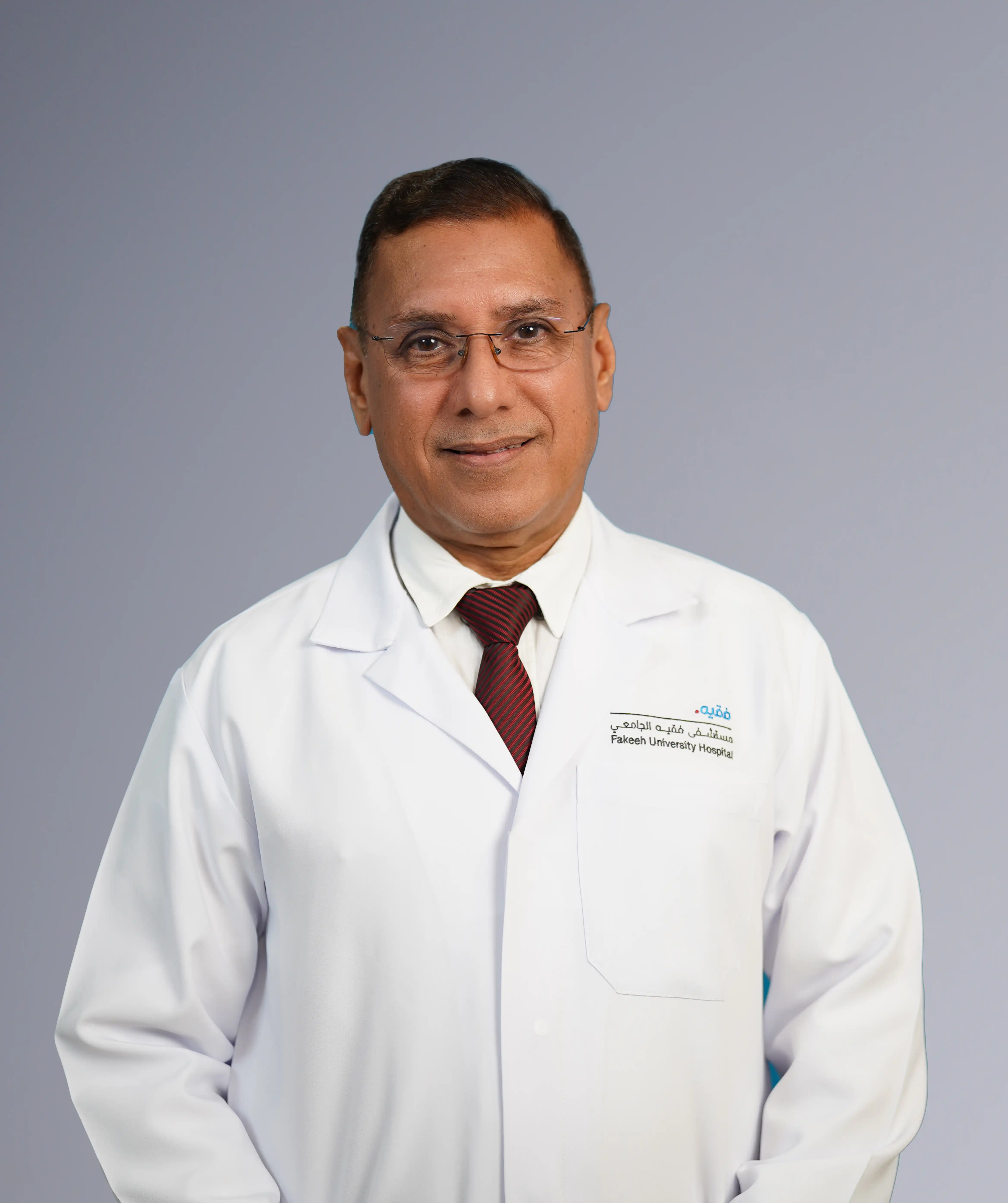
About one in 833 men will develop breast cancer in their lifetime[1]. While the number may not sound as alarming as the equivalent for women—one in eight women will be diagnosed in their lifetime, this rarity is what makes male breast cancer unique and challenging.

Due to vast discussion about breast cancer in women and October – breast cancer awareness month solely being dedicated to just women, most often people disregard that breast cancer can occur in men too. Its also true that men themselves, may misread the signs and symptoms since the condition is a ‘woman’s disease’.
An approximate 1-2% of all breast cancer patients are men. Yet, when it comes to diagnosis, they may face a unique set of challenges, mainly due to misdiagnosis. Its very rare that when a male patient visits a physician complaining of chest pain, he would be referred to an Oncologist to rule out the possibility of breast cancer.
Ductal cancer is the most common form of breast cancer in men. The exact cause of male breast cancer isn’t known. Male breast cancer starts when the breast tissue cells change their DNA. Knowing the genetic history may help since an individual’s genetic make-up is often a cause for breast cancer in general. Other causes include;
Diagnosis is a little different in men as mammograms are not a feasible option for anatomical reasons. Hence a Breast Ultrasound followed by MRI and finally Biopsy are the diagnostic options of choice.
Treatment options depend on the size and severity of the tumor. Surgery, Radiation therapy, hormone therapy, targeted therapy, and finally palliative care, are the leading treatments of male breast cancer. A lot of times, treatment for male breast cancer often begins with surgery since its often diagnosed at a later stage. On feeling a lump in the breast, men are less likely to get checked hence causing delay in diagnosis and treatment.
Earlier diagnosis could make a life-saving difference. Men, just like women, need to be aware of the requirement to consult a doctor upon noticing any changes in their breasts on a regular basis.
October, recognised around the world as the pink month calls to raise awareness about the importance of prevention and routine screenings for early detection of breast cancer. It’s imperative to understand that the awareness is for Breast Cancer in both men and women. If you feel something isn’t right with your breasts or experience changes, make sure to consult with a specialist. Be honest and open about your symptoms and understand that it could happen to anyone. Breast Cancer is a treatable disease, if diagnosed in the early stages. It only takes self- awareness and a proactive approach to health.

Fakeeh University Hospital’s multi-disciplinary team including Breast Surgeons, Medical Oncologists, Plastic and Reconstructive Surgeons, Breast Radiologists offer; patient-centred care approach to Breast Cancer patients with tailored therapy. Our highly expert team is equipped to manage all malignant and benign tumours/conditions of the breast offering comprehensive diagnostic and treatment modules.

%252520(1).avif)


